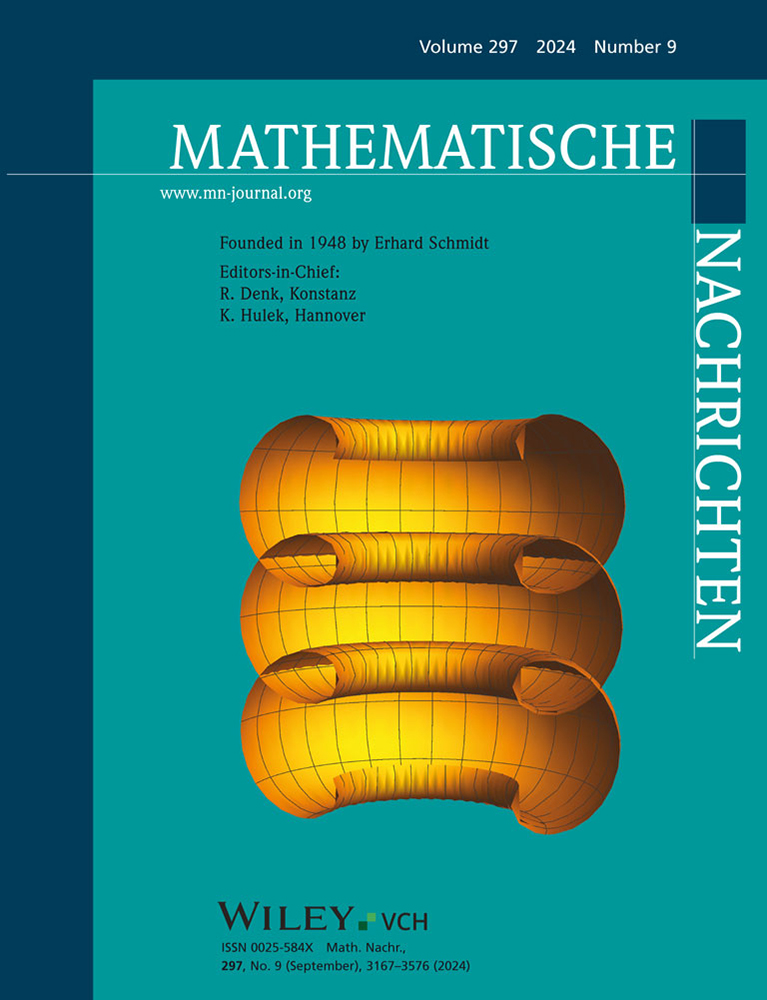Let be a semifinite von Neumann algebra with a normal faithful semifinite trace , and let , , be its subalgebras such that and that restricted to any of these subalgebras is semifinite. Denote by , , and the normal conditional expectations from onto , and , respectively, such that is invariant with respect to any of them. The quadruple , , , is said to be a commuting square if
In this note, we show that the property of being a commuting square is characterized by a sort of the SSA-like (strong subadditivity of entropy) inequality
for an arbitrary normal state
on
, where
denotes the Segal entropy of the state
. The situation when we have equality in the inequality above is also investigated, and various equivalent conditions are obtained, in an especially appealing form for finite von Neumann algebras. For such algebras, one more condition is obtained under the assumption of independence of the algebras
and
.




